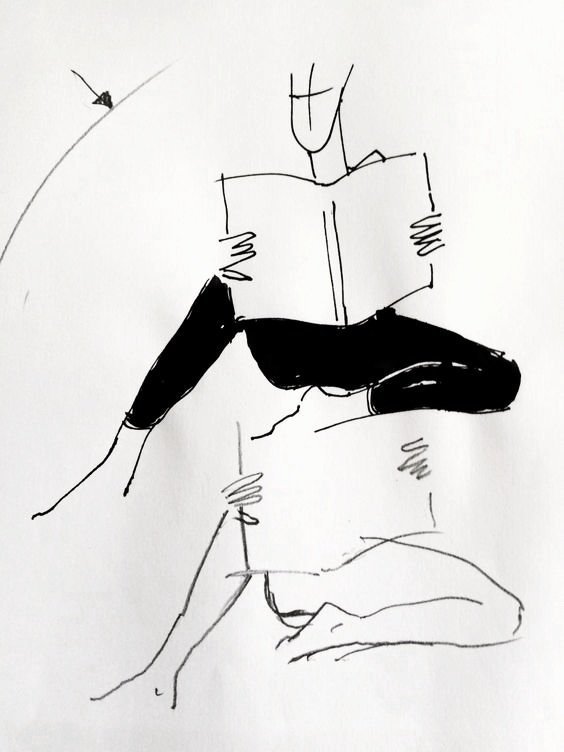The Normcore Philosophy
By Wim Langedijk for HURS
The Normcore Philosophy
HUR Reads is our definitive shortlist of the most prominent articles from around the web.
By HURS Team
1
Why The Most Powerful Men In America Are The Worst Dressed
Rebecca Jennings dives into why Donald Trump’s red tie has become a symbol of Republican style and power. Jennings explores how Trump and other political and government figures use this simple accessory to convey strength and traditional values, creating a stark contrast to the more varied fashion choices of Democratic politicians. It highlights how much fashion choices go beyond mere appearance, playing a role in political identity and messaging to the public.
VOX
Despite being historically considered a "lower" art form, still life has been pivotal in Western art, offering profound reflections on human conditions like birth, love, and mortality. The genre's resurgence in contemporary exhibitions highlights its capacity for slow, detailed observation and its relevance in addressing modern themes such as consumerism and social issues. Still lifes elevate everyday objects, turning them into symbols of cultural and historical significance.
ARTSY
Delia Cai explores the nature and concept of the normcore trend. Initially, normcore was about blending in and adapting to various contexts to escape the pressure of standing out. However, it quickly became known as a fashion trend focused on dressing the “norm”, which diverged from the original anti-aesthetic intentions and evolved into something much more thought through.
SSENSE
Known for their pearl diving skills, the traditional female Ama divers have a history spanning 3,000 years. They now primarily dive for seafood, which they sell at local markets. The article describes the physical and cultural aspects of Ama diving, including their traditional attire and diving techniques, as well as the legacy and lifestyle they live. It also touches on the challenges they face, such as warming waters and declining numbers, and the romanticized image of the Ama in Japanese culture and media.
HOW TO SPEND IT
David Marchese’s interview with Serena Williams, who retired from professional tennis nearly two years ago, reflects on her transition to new ventures, including her Serena Ventures fund and a makeup line, while raising her daughters Olympia and Adira. Williams shares how she initially threw herself into new projects as a coping mechanism after retirement and is now learning to balance her drive with relaxation.
